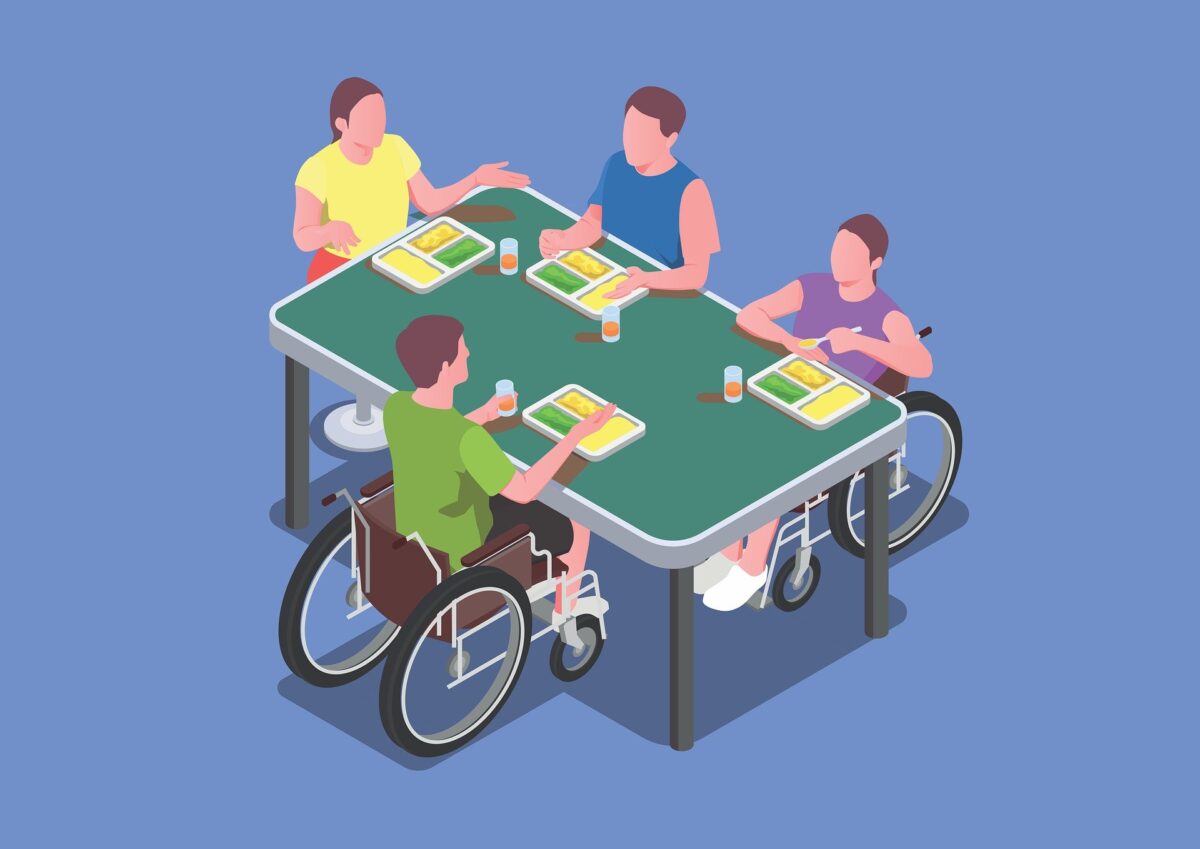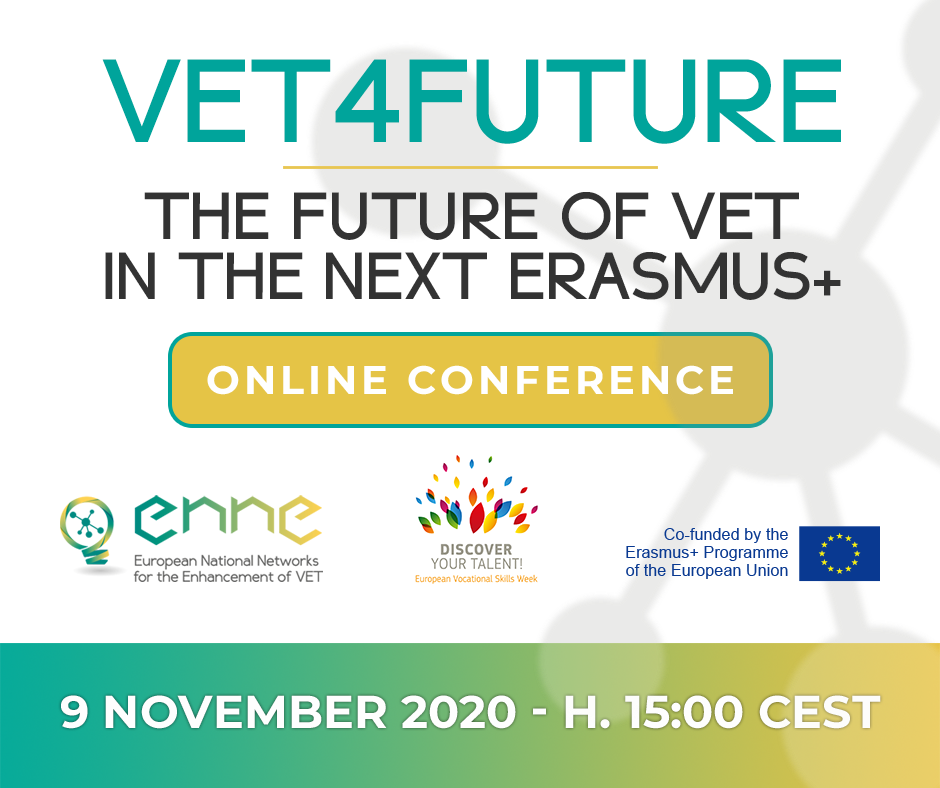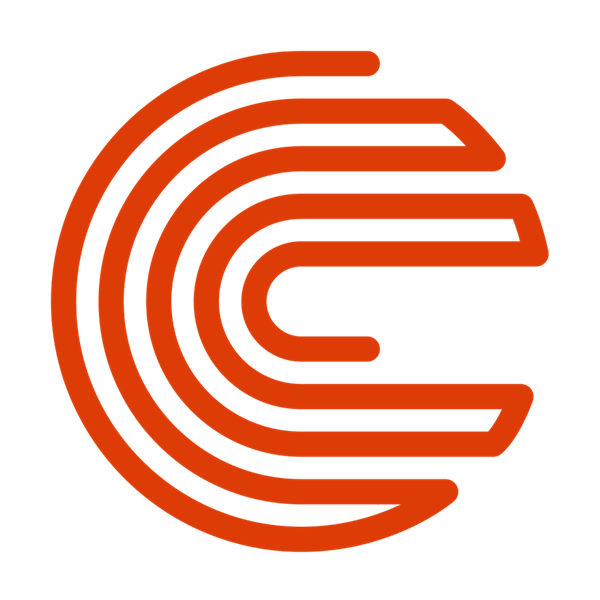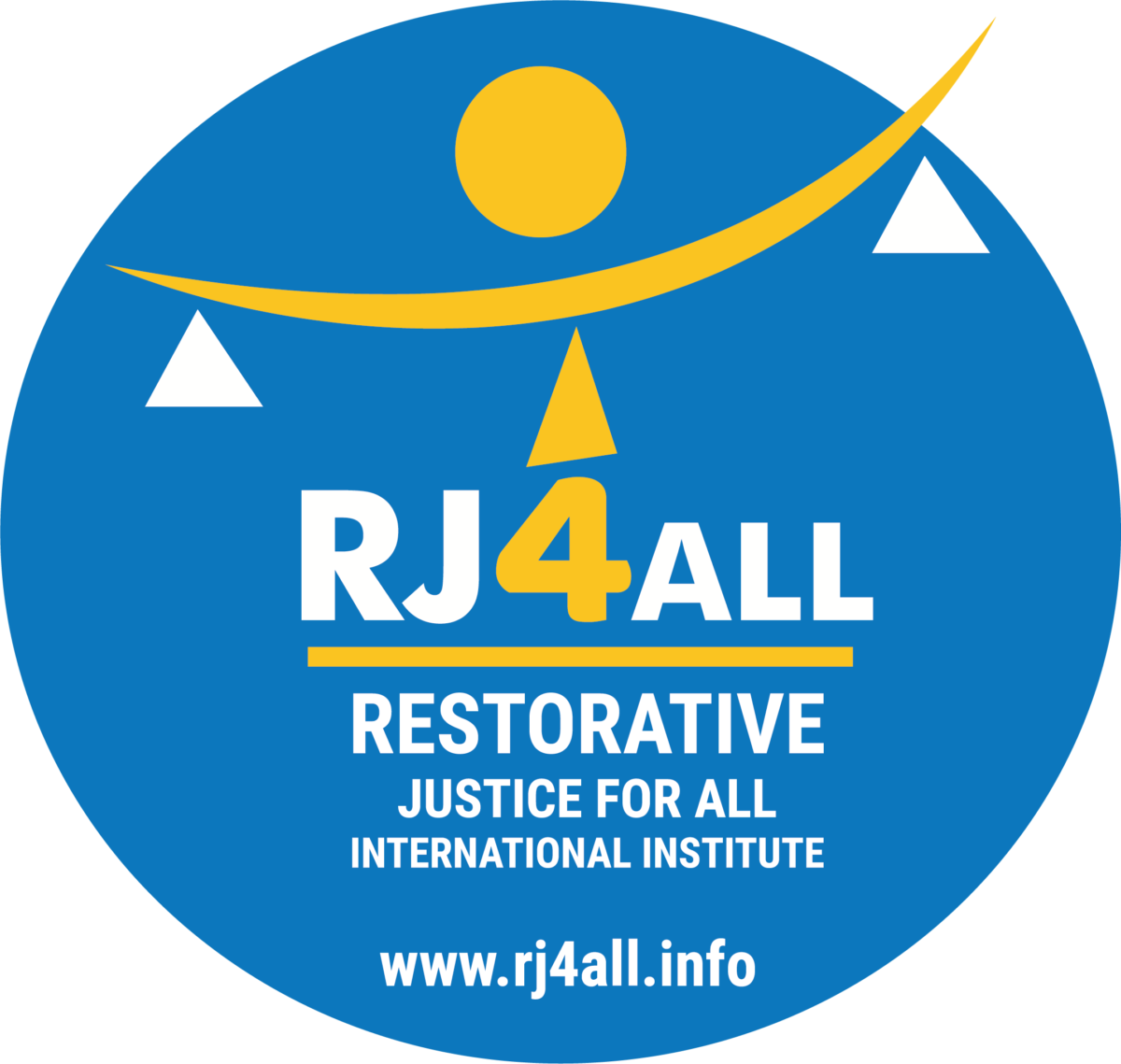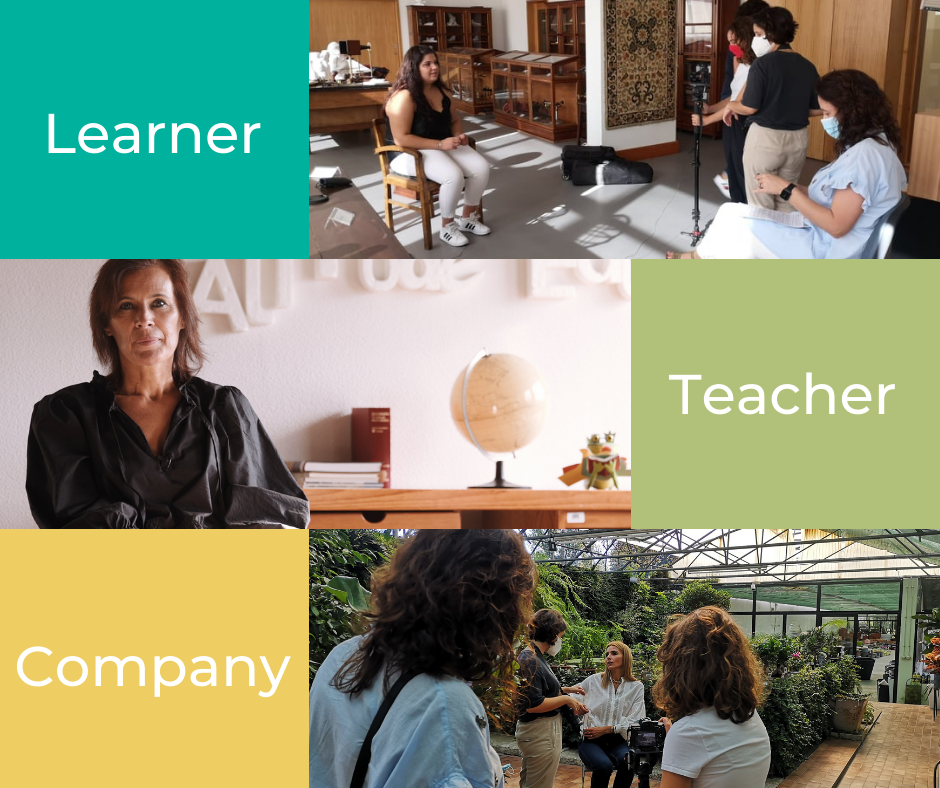How to inspire people to participate in an Erasmus mobility? How to create something so engaging that people cannot say no to living and working/studying abroad?
At this point, it is already known the main goals of the ENNE project and that it truly believes in the power of Erasmus as a fundamental aspect for the professional and personal development of individuals. To better demonstrate this, the ENNE project has planned the realization of Role Model videos.
In a broader concept, Role Models come from all walks of life and professional backgrounds and their experiences can serve as examples to young people struggling to find a place in society or tempted by easy shortcuts.
The main goal of the Role Model Videos within ENNE project is to inspire young people in their learning paths and encourage them in taking part in a mobility experience, but also to promote VET Teachers’ participation in Erasmus + mobilities and foster communication and cooperation between VET providers, as well as to promote VET quality and attractiveness also for companies, which are important stakeholders for WBL experiences.
In order to do this, 15 video-interviews (3 per country) are being produced by project partners. These videos should be a positive reflection on the impact of transnational mobility projects on VET learners, staff and hosting companies.
At this moment, Arts & Skills from Portugal already filmed all the interviews, and what an amazing experience it was! The first interview was with the student Cátia Silva. She was a student of the vocational course of Marketing Technician from the Francisco de Holanda Secondary School. In 2018, she had the opportunity to go to Reggio Calabria, Italy, for an internship of 3 months in a local company. Throughout the interview, it was possible to see and feel her enthusiasm. With emotion in her eyes, Cátia told us the stories from her experience, from the moment of her arrival in Italy, the conviviality with her colleagues, the welcoming environment from the company to all the memories she was able to build. It is certain that all of this will remain forever in her memory.
We proceed to the second interview: the hosting company Plantas da Fonte. It is a gardening company located in Guimarães and has been working with Arts & Skills for quite some time. From the interview with the tutor, it is clear that they could not be happier with the experience. For them, the most outstanding aspects are the knowledge and skills that the students acquire in school and their willingness to work and learn more. It is certainly a rewarding experience for the company and for all its employees, who still keep in touch with some of the learners that they welcomed throughout the years.
For the last video, the interview with Guiomar Silva, the director of the School Group of Arrifana. When she was asked to do this interview, she immediately said yes! As you all will see in the video, she is so passionate and dedicated to her Erasmus+ projects. We were all fascinated with her stories and how she loves to see the impact of Erasmus in the life of her students and teachers. This is truly is an excellent example of how mobility activities influence a school and all the community around it.
We will not tell more because we are saving it for the videos, but we can tell you that you will be inspired to write your Erasmus project, to receive an Erasmus student in your company, or to go abroad on an Erasmus adventure!
See you soon!

